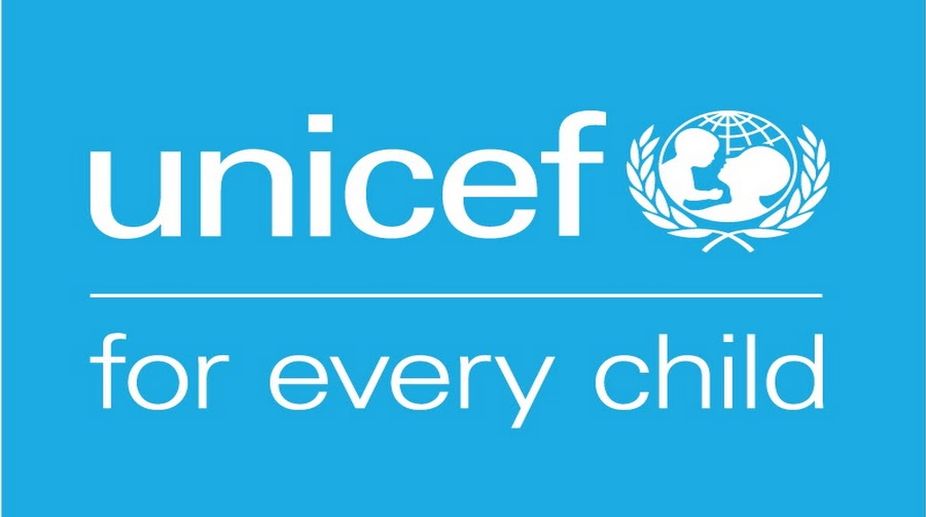Preserved OMR sheets would have helped the court: SSC chairman
Mr Majumdar told news persons that the SSC had in an affidavit, thrice submitted the figures of deserving and undeserving candidates in the court but the court was not happy.
While speaking at a programme on State Consultation on Diversion organised jointly by WBCOCR and UNICEF, Dr Shashi Panja, state minister for Women and Child Development and Social Welfare said: “FIR will not be lodged against children committing petty and serious offences.

Representational Image (Photo: Facebook)
For the first time the West Bengal government, in collaboration with UNICEF and West Bengal Commission for Protection of Child Rights (WBCPCR), is examining how to divert children from judicial procedures for allegedly committing petty crimes and serious offences as a means to ease the trauma they suffer when they are made to go through the legal and correctional system.
As per the provisions of Juvenile Justice Act of 2015, a child allegedly committing minor offences can be diverted from the regular judicial procedure and rehabilitated with the help of social workers by keeping the child with parents or caregivers.
While speaking at a programme on State Consultation on Diversion organised jointly by WBCOCR and UNICEF, Dr Shashi Panja, state minister for Women and Child Development and Social Welfare said: “FIR will not be lodged against children committing petty and serious offences. They may or may not be sent to child care institutions. Efforts will be made to restore children to their families and link them to various welfare services and other alternatives to detention.”
Advertisement
She said that as part of extending the services of diversion and its benefits to the children, police, government officials and other stakeholders would be sensitised first. The police will lodge general diaries for children committing petty and serious offences and inform the Juvenile Justice Board. Highlighting scientific evidence she said: “When children are made to stand trial for minor crimes, a lot of psychological trauma happens among the minor offenders and their chance of reformation goes away. They are often found to repeat committing similar offences.”
Justice Ananya Bandyopadhyay of Calcutta High Court urged the magistrates of Juvenile Justice Board of the districts present at the programme to distinguish the cases involving children with empathy.
The West Bengal government and UNICEF with the help of NGP Praajak started a pilot project in some high crime areas of Jalpaiguri, Murshidabad and South 24- Parganas to use the provision of “ diversion” over detention of the offenders.
Advertisement